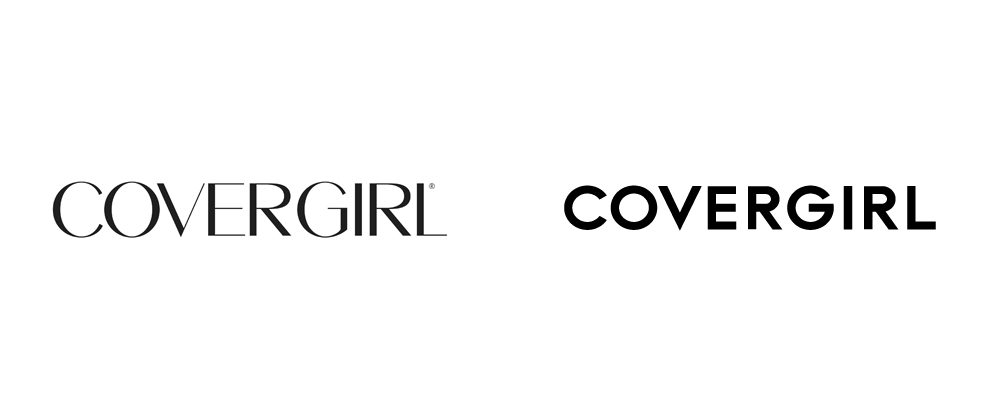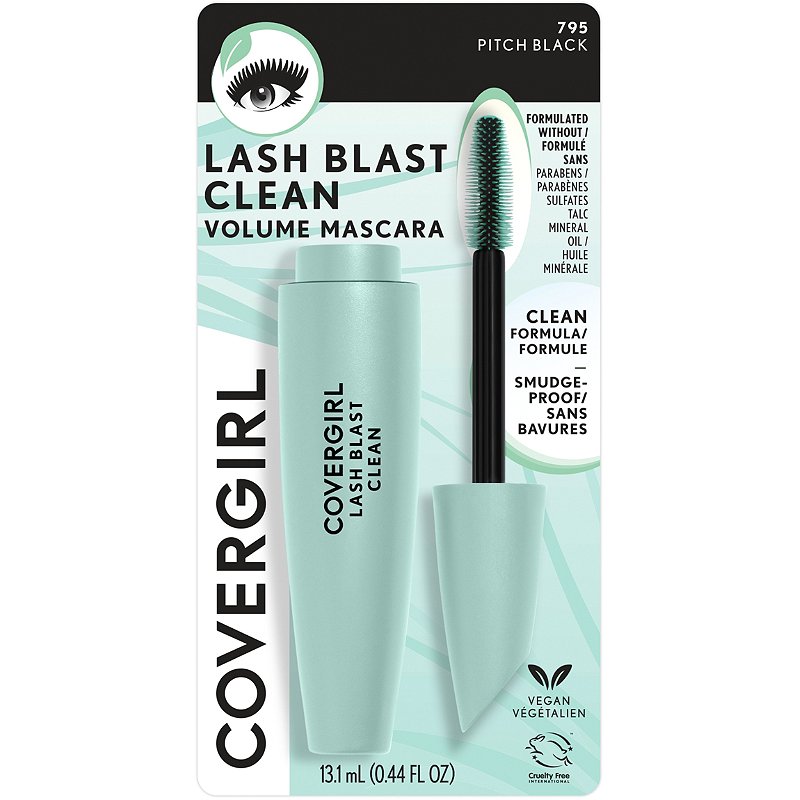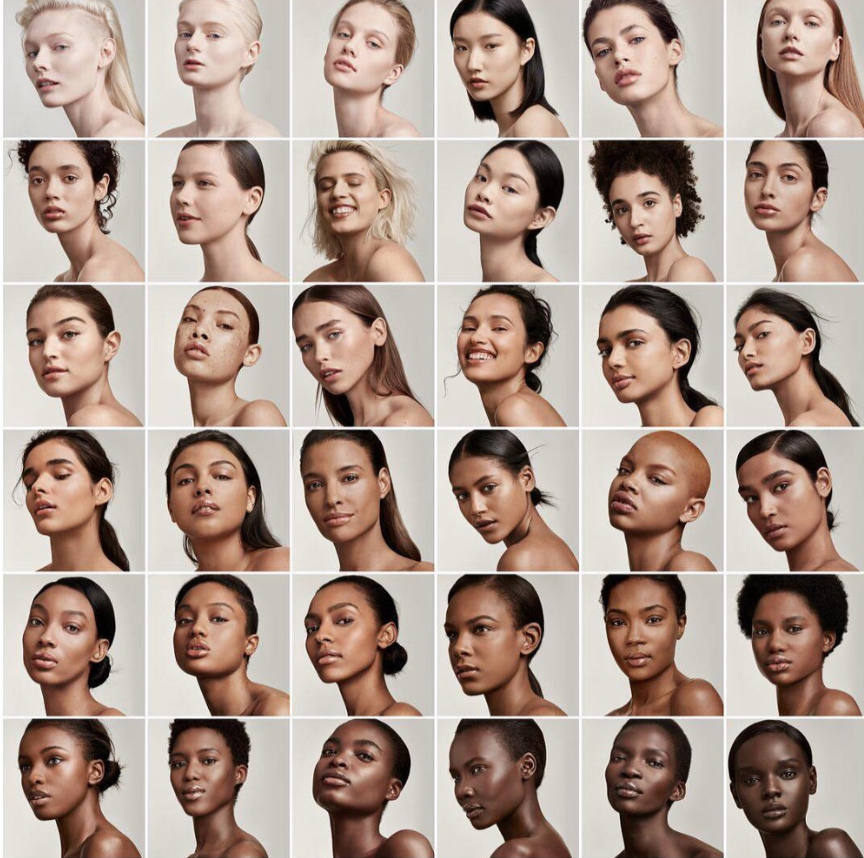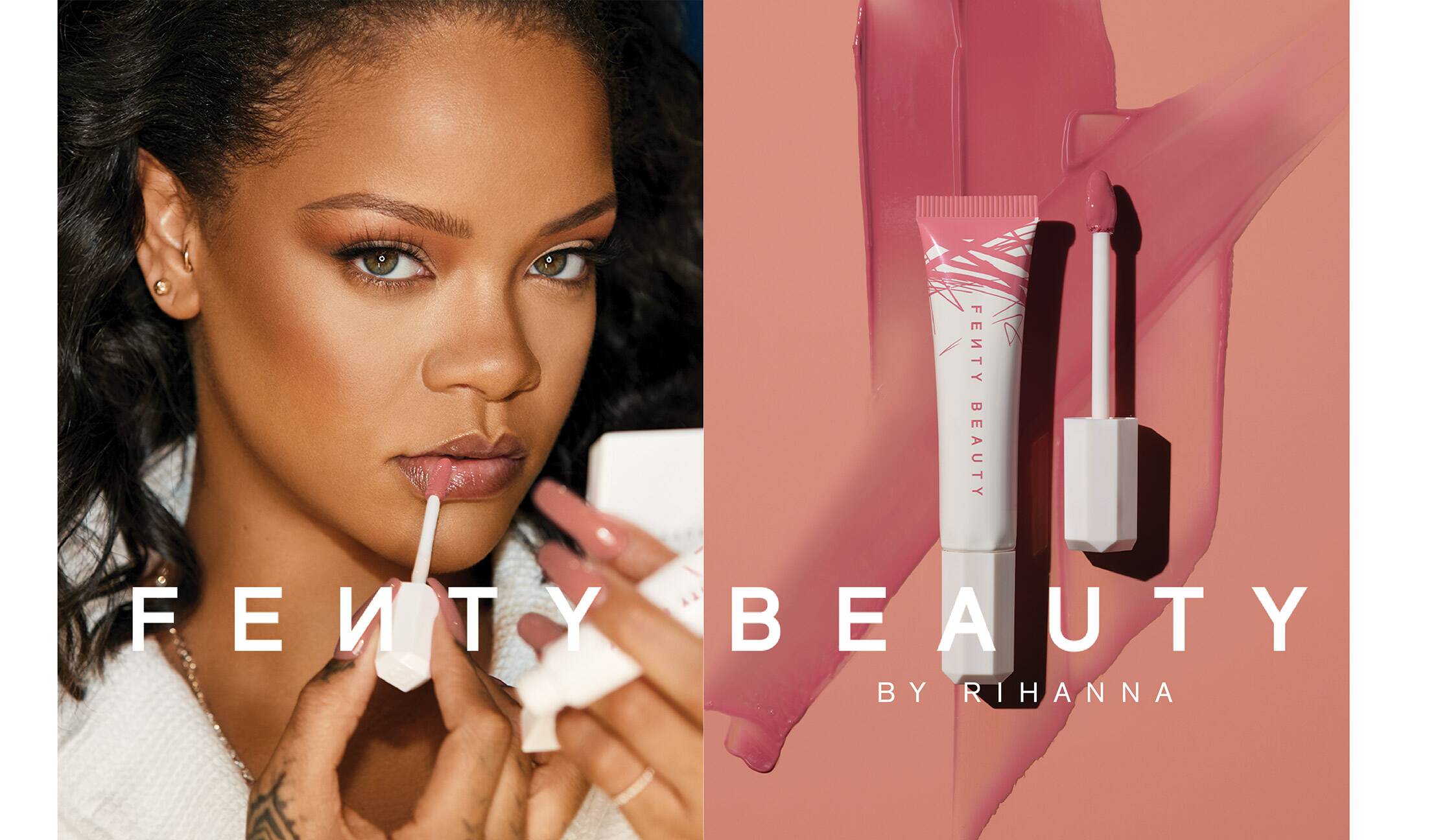The beauty industry is not the same that it was 50 years ago. Makeup companies change their demographics, marketing, and branding to fit current events, trends, and economy. Fenty beauty and CoverGirl are a prime example of this. CoverGirl is an American cosmetic brand that started in 1960. The company launched with only six products – claiming to be “medicated face makeup.” Something that is still popular among today’s beauty companies. On the other hand, Fenty Beauty is one of the newest makeup companies to change the beauty industry. It was created by singer and actress Rihanna. Fenty immediately became viral due 40 foundation shades the company launched. It was one of the first times a company catered to a wide range of skin tones.

In 2017, CoverGirl went through a brand makeover. They waved goodbye to their famous “Easy, Breezy, Beautiful….” slogan. The company stated, “The core challenge for us was to modernise CoverGirl for the modern woman” (Business Insider). Much has changed in the world since the company first started in 1960. Cosmetics went from being this tool to fix imperfections to this tool for self expression and creativity. In addition, one of the most important changes for the brand is that in 2018, they became the largest makeup brand to be Leaping Bunny Certified by Cruelty-Free International. Meaning all their products are cruelty free no matter where they are sold. Consumers, especially those who are Millennials and Gen Z, prefer companies who don’t test on animals due to the increasing concern for animal rights. On the other hand, Fenty Beauty launched as a fully vegan line. The company states, “Fenty Beauty + Fenty Skin are cruelty-free brands. We never test products or ingredients on animals, nor do we allow suppliers to conduct testing on our behalf.” Cruelty-free choices were not a priority to consumers 60 years ago. Today, that is a different story.

As a response to the increasing awareness of the effects of climate change, environmentally friendly products became a prominent discussion topic. Both CoverGirl and Fenty Beauty have focused on their packaging. As stated by Rihanna, “I wanted the packaging to be beautiful, but also functional with an earth-conscious approach. We eliminated boxes where we could, we have refill systems, and we use recycled materials where possible. Nobody is perfect, but I really believe we can try our best to do right and we’ll keep evolving as we go.” Similarly, CoverGirl has managed to incorporate recycled and FSC Certified packaging. Although both companies are not fully plastic free, their actions are a good step forward.

Aside from environmental concerns, Fenty Beauty focuses on racial and humanitarian causes. In their initial campaign video, Fenty used models from a variety of ethnicities, races, and genders to celebrate their launch. This resonated with a lot of women and men who never saw people like themselves portrayed in high-fashion and makeup campaigns. More often, this was the first time they were able to find a foundation shade that matched their skin tones. Rihanna, founder of Fenty Beauty, states “There needs to be something for a really dark skin girl, there needs to be something for a really pale girl, and there needs to be something for someone in between.” It was not the first time a beauty company launched with a dark range of foundations but it set the new standard of how many and how well the foundation performs. It was not long after Fenty’s Pro Filt’r Soft Matte Foundation that CoverGirl followed in similar footsteps. They added 26 additional skin tone shades to their existing Matte Made foundation (Teen Vogue).

As for Marketing, Fenty Beauty ditched traditional marketing routes, They did not rely on the partnership with celebrities right away, Instead, they collaborated with influencers to promote their products. According to Newsweek, Fenty Beauty YouTube tutorials had iver 132 million views in 2017 alone. Both companies have an impact within the beauty industry. CoverGirl, being a brand that has been in the market for 60 years, has used their platform to break gender norms in the beauty industry. In October 2016, CoverGirl made James Charles their first ever male spokesperson for their brand. On the other hand, Rihanna has been criticized for not using transgender models in campaigns. However, with an interview she stated “I’ve had the pleasure of working with many gifted trans women over the years,” she replied, “but I don’t go around doing trans castings!” She continued, “Just like I don’t do straight non trans women castings. I respect all women. Whether they’re trans or not is none of my business.” With society’s “acceptable” standards being challenged by newer generations, this is something that companies struggle with: How to be inclusive without using people as marketing tools?

For additional information, please visit:
Vogue France – https://www.vogue.fr/beauty-tips/article/sustainable-vegan-inclusive-beauty-brands-that-support-the-same-causes-as-you
Teen Vogue – https://www.teenvogue.com/story/covergirl-matte-foundation-40-shades
Writing by Emily Torres.
Emily is a senior graphic design major who is developing her Spring 2022 thesis. Emily has a passion for packaging design with a focus on ‘green’ and environmentally supportive approaches and implementation. In her spare time she likes to eat ice cream while playing the occasional game of Animal Crossing.


